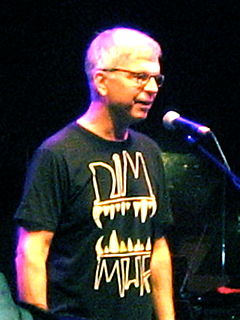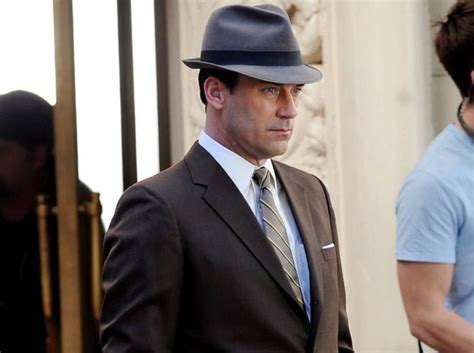A Quote by Peter Thiel
I believe that people are too complacent about technology.
Quote Topics
Related Quotes
Technology for me is discover, learn, evolve and implement. It combines 3Ss- speed, simplicity and service. Technology is fast, technology is simple and technology is a brilliant way to serve people. It is also a great teacher. The more we learn about technology and the more we learn through technology, the better it is.
People always think of technology as something having silicon in it. But a pencil is technology. Any language is technology. Technology is a tool we use to accomplish a particular task and when one talks about appropriate technology in developing countries, appropriate may mean anything from fire to solar electricity.
It's about never giving up until your hand is on the wall. I think people who get complacent, who think that they are in front, a sloppy touch, can cost you that elusive medal, just as much as the people who are gunning for you. If you believe you can get there right to the very end, miracles do happen.
People were touchingly naive at the dawn of the Internet revolution when they said the Internet will route around censorship the way it routes around damage. With any revolution, the establishment catches up and figures out how to screw it up. The answer is to keep technology advancing fast enough so that those who would try to control it can't. It's up to people to defend what they care about. We shouldn't be complacent that this stuff is going to be a force for good.
I think people are complacent. But complacency is like any other metric. It's easy to measure where it is, but it's hard to tell how persistent it is. What causes really big bear markets is not just when people are overly complacent - it's when that complacency is sticky. As long as the skepticism can refresh itself, I think that the markets are still quite viable.



































